detail profile isao kimura

Isao Kimura
Kō Kimura
atau dikenal sebagai
Riwayat Hidup
From Wikipedia, the free encyclopedia
Isao Kimura (木村 功 Kimura Isao), also known as Kō Kimura, was a Japanese actor.
He appeared in several films directed by Akira Kurosawa.
The first was Stray Dog (1949) as Yusa the criminal.
Perhaps his most notable collaboration with Kurosawa was in Seven Samurai as the youngest of the samurai, Katsushiro.
During his career he also appeared in several films directed by Mikio Naruse as well as appearing in the famous Lone Wolf and Cub film series.
In addition to a film career spanning almost thirty years, Kimura founded and directed an acting company which ultimately went bankrupt.
He died of esophageal cancer at 57 years old.
Info Pribadi
Peran Yang Di Mainkan Isao Kimura
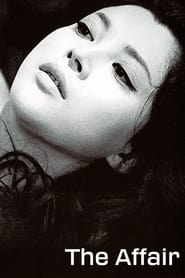 As a young woman Oriko condemned...
As a young woman Oriko condemned...The Affair 1967
As a young woman, Oriko condemned her widowed mother for openly pursuing relationships with younger men. After her mother passes away, she finds herself in an unhappy, loveless marriage and begins to understand her mother’s actions.
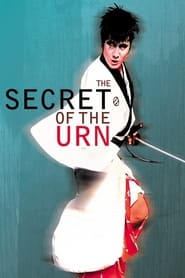 Loyal samurai Samanosuke is attacked mutilated...
Loyal samurai Samanosuke is attacked mutilated...Sazen Tange and The Secret of the Urn 1966
Loyal samurai Samanosuke is attacked, mutilated, and left for dead while carrying out a mission for his clan. He recovers but has lost an eye and an arm. Taking a new identity as Tange Sazen, he searches for a stolen urn which has hidden significance to his clan. But Tange Sazen has his own reasons for seeking the urn.
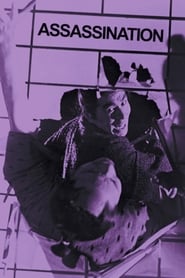 Assassination begins with the events of 1853...
Assassination begins with the events of 1853...Assassination 1964
Assassination begins with the events of 1853 when "four black ships" anchored at Edo Bay, sparking civil unrest and the major political manoeuvring that saw the end of the Tokugawa Shogunate. At a time when assassination had become a disturbing political tool, Shinoda's film follows Hachiro Kiyokawa, an ambitious, masterless samurai whose allegiances drift dangerously between the Shogunate and the Emperor.
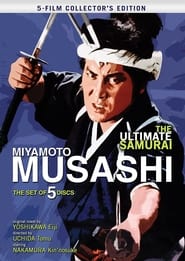 In this first episode we are...
In this first episode we are...Miyamoto Musashi 1961
In this first episode, we are introduced to Takezo, what Musashi used to be before he became the man of legend. His beginning are not exactly auspicious. He sides with the Toyotomi at Sekigahara, and as a result finds himself on the losing side of the historic battle. He and his friend Matahachi manage to escape the slaughter although the latter is wounded in his leg. They stumble across the young Akemi who makes her living with her mother Oko by robbing corpses of their armor and anything else they can sell. Oko takes it into her head to seduce Matahachi, which she does first by skillfully sucking the gangrene from his blood, and then just by sucking.
 A war widow with a young...
A war widow with a young...Summer Clouds 1958
A war widow with a young boy manages a farm with her bossy mother-in-law. When a reporter comes to interview her, the two begin an affair. He turns out to be married and won't leave his wife. Her older brother tries to marry off his children and hang on to/ extend his farm through an advantageous marriage in the face of threatened land confiscation and the desire of his children to get comfortable urban jobs instead of the backbreaking work in the paddy fields under parental control.
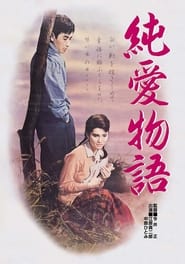 Junai Monogatari AKA Story of Pure...
Junai Monogatari AKA Story of Pure...The Story of Pure Love 1957
Junai Monogatari AKA Story of Pure Love is about two poor youths, Mitsuko and Kando, rebelling against society in various ways, who are desperately trying to be together despite tortuous circumstances. The film depicts their lives as thieves, menial laborers who can get little pay, society outcasts, and of course, lovers. Junai Monogatari depicts, mostly, their struggles within the Japanese reformatory system and Mitsuko's worsening sickness.
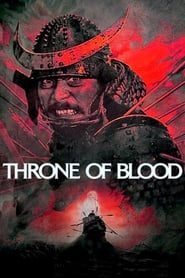 Returning to their lords castle samurai...
Returning to their lords castle samurai...Throne of Blood 1957
Returning to their lord's castle, samurai warriors Washizu and Miki are waylaid by a spirit who predicts their futures. When the first part of the spirit's prophecy comes true, Washizu's scheming wife, Asaji, presses him to speed up the rest of the spirit's prophecy by murdering his lord and usurping his place. Director Akira Kurosawa's resetting of William Shakespeare's "Macbeth" in feudal Japan is one of his most acclaimed films.
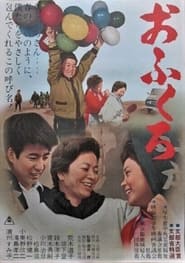 Shizuka Eiichiro and Mineko their father...
Shizuka Eiichiro and Mineko their father...Ofukuro 1955
Shizuka, Eiichiro, and Mineko, their father and son, live modestly in a certain suburb, leading a dreary but happy life. Eiichiro is troubled by Shizuka's desire to live together in familiar Tokyo. Mineko is the exact opposite of Eiichiro. A literary masterpiece depicting the fateful sorrow and humor of a mother and child
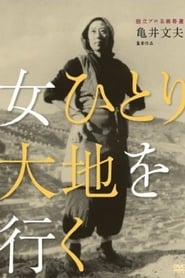 Onna Hitori Daichi wo Yuku A...
Onna Hitori Daichi wo Yuku A...A Lonely Woman in a Lonely Land 1953
Onna Hitori Daichi wo Yuku (A Lonely Woman in a Lonely Land, Kinuta Production, 1953) was the second feature film directed by Kamei Fumio, who is known as a master of documentary films, and followed his “Haha Nareba Onna Nareba(Become a Mother, Become a Woman)” (1952).
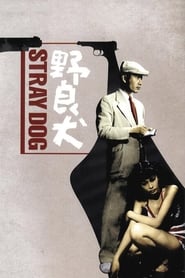 A bad day gets worse for...
A bad day gets worse for...Stray Dog 1949
A bad day gets worse for young detective Murakami when a pickpocket steals his gun on a hot, crowded bus. Desperate to right the wrong, he goes undercover, scavenging Tokyo’s sweltering streets for the stray dog whose desperation has led him to a life of crime. With each step, cop and criminal’s lives become more intertwined and the investigation becomes an examination of Murakami’s own dark side.
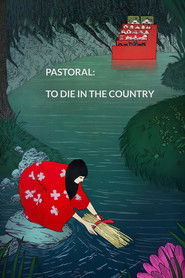 A director faces creative block while...
A director faces creative block while...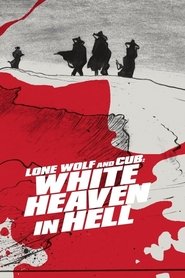 In the sixth and final film...
In the sixth and final film... Yoshie Nogami a factory worker by...
Yoshie Nogami a factory worker by...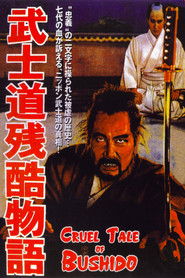 After a salarymans fiance attempts suicide...
After a salarymans fiance attempts suicide...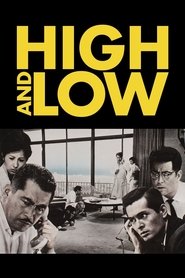 In the midst of an attempt...
In the midst of an attempt...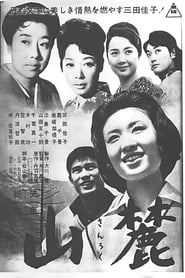 A story about the lives of...
A story about the lives of...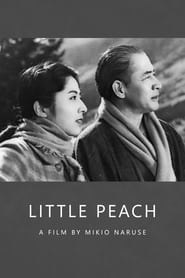 Anzukko Little Peach is the daughter...
Anzukko Little Peach is the daughter...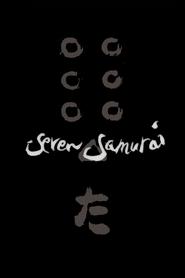 A samurai answers a villages request...
A samurai answers a villages request...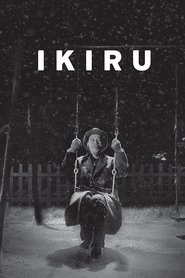 Kanji Watanabe is a middleaged man...
Kanji Watanabe is a middleaged man...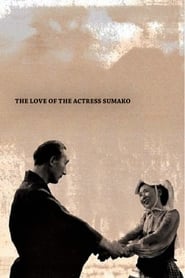 The stage director Shimamura who is...
The stage director Shimamura who is...